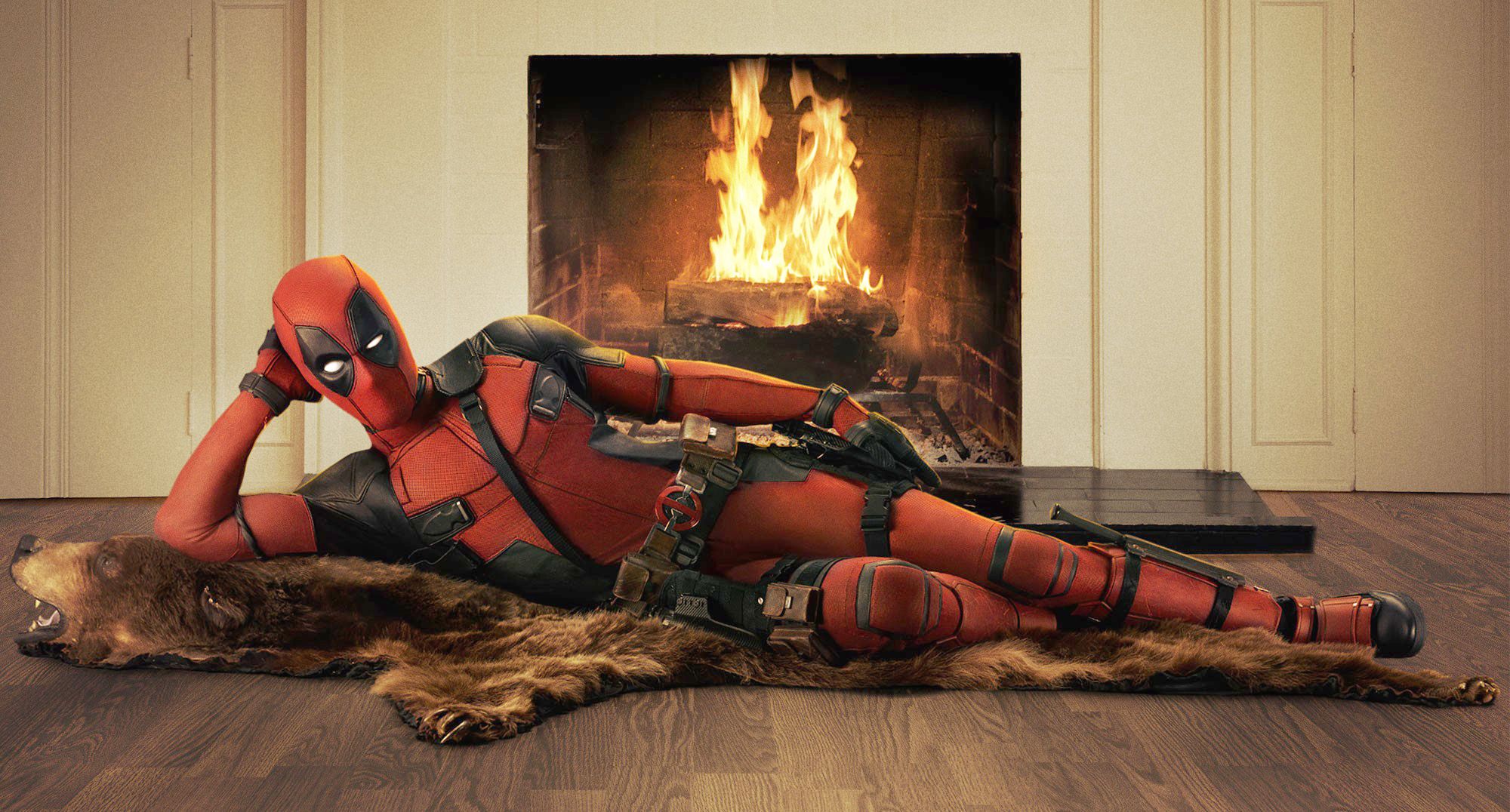Despite this being an origins story, we’re quickly introduced to special forces veteran Wade Wilson in full attire, clad in the iconic black and red garb of his secret identity: the beloved foul-mouthed, wise-cracking, fourth wall-breaking Deadpool from Marvel Comics.
Dead to rights
Thanks to a non-linear narrative, we are treated to heaps of gratuitous gunplay and violent action set-pieces before we start knuckling down to find out what drives Wilson under that mask. As it turns out, it’s not that complicated nor is it some high-minded love of humanity, but rather ‘revenge’.
Game of Thones dropout (he was replaced as Daario Naharis) Ed Skrein is the sadistic British Villain (and credited as such) who conducted an illegal lab experiment that activated dormant cells in Wilson’s body and gave him mutant abilities such as self-healing and the capability to grow new limbs. Unfortunately in the process he also ruined Wilson’s dashing good looks, making it difficult for the plucky vigilante to ever face his fiancé again.
Dead in the water
Deadpool has had a long and torturous path to the screen, with negotiations starting way back in the year 2000. Once 20th Century Fox came into possession of the rights, Deadpool was to be included in their own burgeoning Marvel roster, which stands apart from the Disney-owned Marvel movie-verse featuring Iron Man, Avengers et al and instead includes the Fantastic Four and the X-Men franchise. Ryan Reynolds appeared in a cameo as Deadpool in 2009’s Wolverine: X-Men Origins and that kick-started in earnest Deadpool’s unique journey to the screen in this current form.
Roberto Rodriguez then passed on helming the project and the film was eventually handed to VFX wizard Tim Miller as his directorial debut (with a significantly down-sized budget, there are amusing forth-wall quips lamenting its limitations like “Just two X-men? Is that all the studio could afford?”). Despite all this, it was only after ‘someone’ leaked early test footage for the film online in 2014 – which was greeted with a tsunami of fanboy love – that the project finally got a green light.
Dead wood
I imagine watching Deadpool is akin to witnessing a person you don’t fancy much while they masturbate. They’re having way more fun than you are, and they’re also aware you’re watching, so they’re trying to make it fun for you too. Unfortunately, when someone tries this hard, it’s a bit of a turn-off. So while there’s a number of welcome laughs in Deadpool, considering the gag rate, the bullet-to-kill ratio is way out of proportion.
It’s always fun to watch other people having a nice time but when they’re having more fun than you – the balance is out. Marvel’s Guardians of the Galaxy – the only previous comic book adaptation that is comparable in tone – attained this balance, managing to be both comically knowing and self-referential, while hooking us in enough to care about the characters.
Despite its shortcomings, Deadpool heralds the arrival of an irreverent, self-referential, punkish post-postmodernist phase of superhero cinema – one in which a hero isn’t really a hero, their motivations for fighting crime aren’t altruistic and meta is always better.
For this reason, if nothing else, it justifies its existence – if only it weren’t so eager to convince us of its worth.















